Social Emotional Learning
Prevention of substance misuse before it becomes a concern is arguably our best solution in stopping the impacts of substance use disorder. Many communities address this broad topic area of “prevention” in schools and other youth-based forums. When offering prevention education, it is important that we offer evidence-based prevention programming. An evidence-based prevention program is a program that has been proven through unbiased research to lead to positive results. If we can provide consistent evidence-based prevention programming across communities, data has shown measurable results in reducing the impact of substance misuse and abuse.
Throughout our seven communities, PPPNM has been advocating for and supporting new Social Emotional Learning programming within the public school systems. Some of the programs we have supported within the past few years include Wayfinder, Second Step, Aperture Education.
The Wayfinder SEL curriculum is centered around six core skills for future-ready students. These research-backed skills incorporate meaning-making, critical thinking, and future-ready skills in order to connect classroom learning to the real world. The six core skills include self-awareness, adaptability, empathy, collaboration, agency, and purpose.
“Wayfinder’s curriculum is co-designed with students: we cover relevant and pressing topics like social media and entrepreneurship in fun and relatable ways. Because Wayfinder is one of the only providers that started with high school before expanding to lower grades, we know how to make it relevant and engaging for even the most hard-to-reach students.”
Check out free educator resources from Wayfinder!
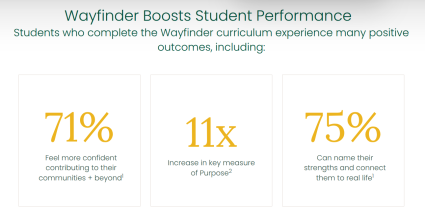
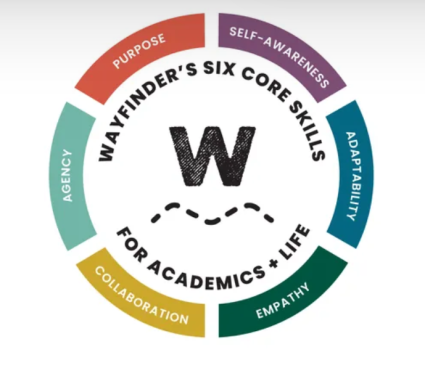
We have also sponsored teacher and parent trainings from Pathways to Restorative Communities, which is an organization that provides tools to build meaningful relationships and address conflict in generative and trust-building ways.
“Restorative Practices are a set of tools, developed out of the principles of Restorative Justice, that are used to build and repair relationships among community members, oftentimes serving as an alternative to punitive discipline. Restorative Practices are designed to foster healthy dialogue and increase mutual understanding and empathy among the participants, leading to an overall sense of connection and increasing the capacity to handle conflict in a way that promotes growth and repairs relationships.” – Pathways to Restorative Communities
Working with Pathways to Restorative Communities, our goal is to empower educators, support staff, and parents to build positive relationships with their children and students, which will then lead to a reduction in substance use and misuse in our youth.

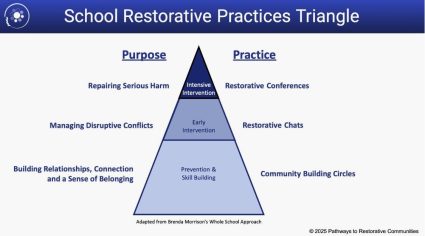
Resource for Stakeholders
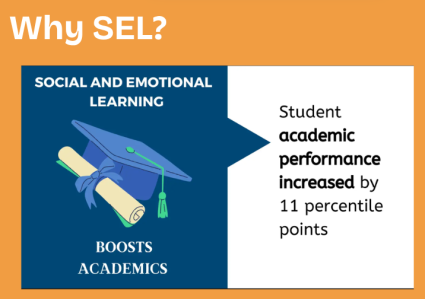
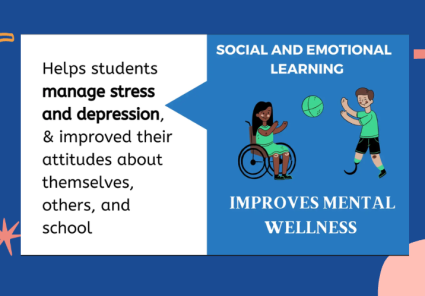
Click here for a presentation on the benefits of social emotional learning for children and teens.
Positive Childhood Experiences
The shift in focus from adverse childhood experiences to positive childhood experiences when it comes to the prevention of substance use is critical for our community members working with children and teens. Encouraging and promoting PCEs for children and teens can have lasting results into adulthood.
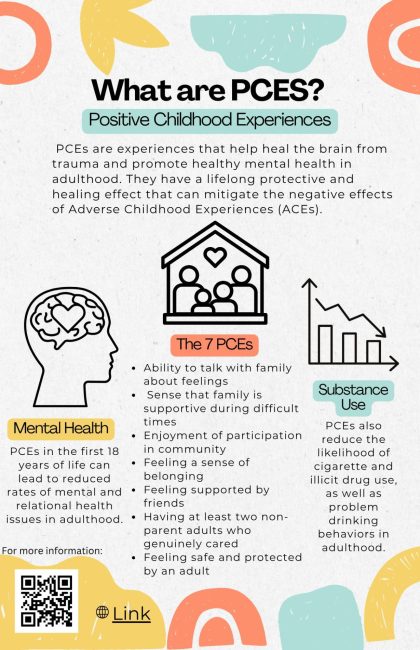
For further information, please contact:
| Maria Ruggiero
Prevention Program Manager
Town of Tewksbury
1009 Main St, Tewksbury, MA 01876
Cell: 978-382-4989
Brianna Lavine Prevention Program Assistant blavine@tewksbury-ma.gov
|
